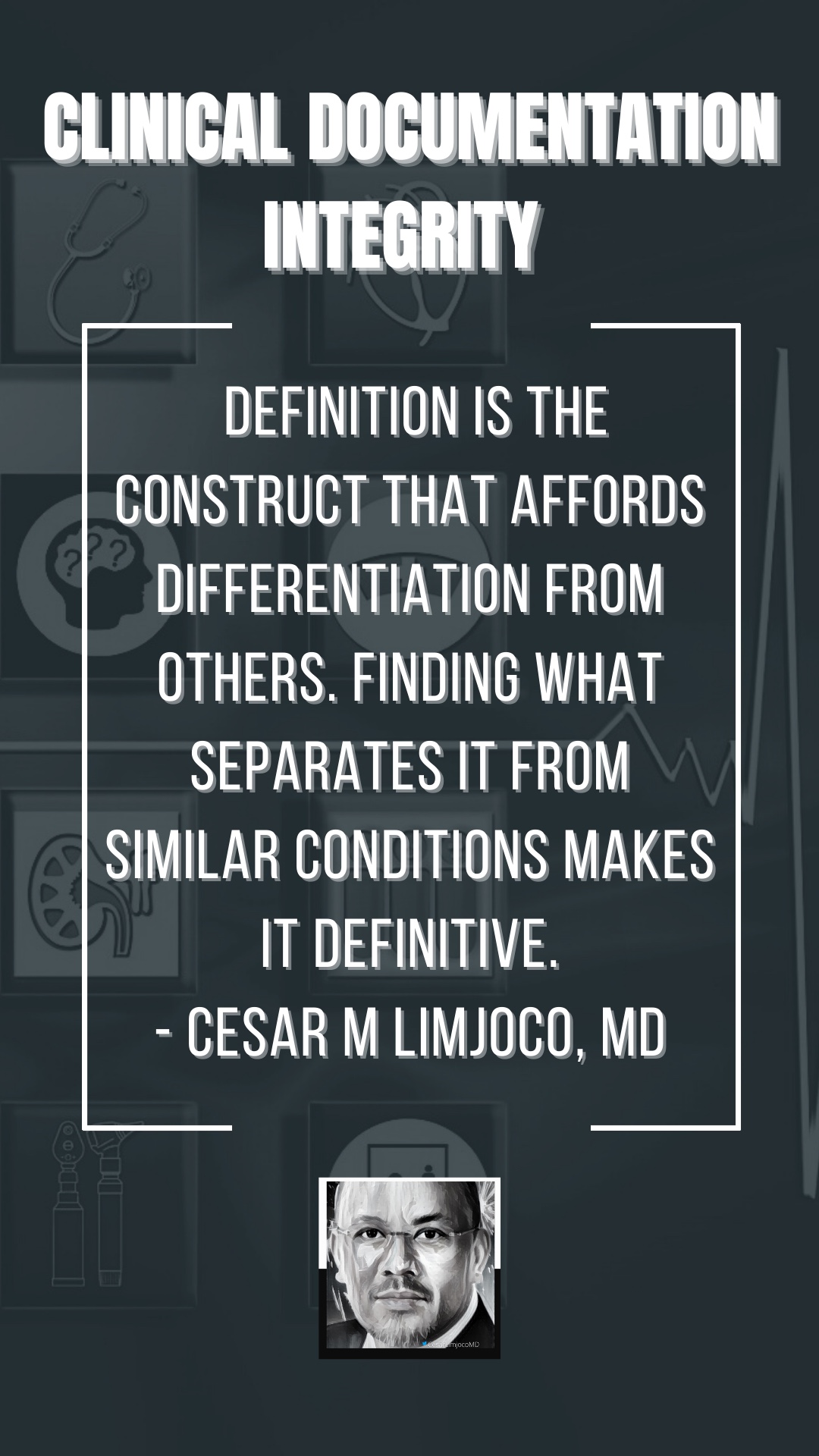Guest post: The perils of incorrectly diagnosing sepsis in SNF patients

by Cesar M. Limjoco, MD
It’s easy for elderly skilled nursing facility (SNF) patients with dehydration and urinary tract infection (UTI), or dehydration and asymptomatic bacteriuria to be misappropriated as having sepsis. This misdiagnosis can result in the patient being admitted as an inpatient for two days and the case to be subject to payer denials (see case scenario 2 below), or the patient being admitted unnecessarily and contracting a hospital-acquired condition (e.g., nosocomial infections) and never leaving the hospital alive (see case scenario 3 below).
Let’s look at three case scenarios of how this misdiagnosis can affect the patient’s outcome.
Case scenario 1: An elderly SNF patient discharged from outpatient observation
- Altered mental status
- Hypotensive, UA+
- Hydrated
- Returned to baseline within a few hours and discharged
Case scenario 2: An elderly SNF patient discharged from inpatient
- Altered mental status
- Hypotensive, UA+
- Hydrated
- Returned to baseline
- Admitted, stayed 2HD
Case scenario 3: An elderly SNF patient admitted and expired
- Altered mental status
- Hypotensive, UA+
- Hydrated
- Returned to baseline
- Develops nosocomial infection
- Antimicrobial resistant
The moral of the story is that we must do what’s best for the patient by giving proper management at the appropriate level of care. It’s always about the patient first, not economics. And that’s the clinical truth, full stop.
This shouldn’t be a game between healthcare providers and payers. The failure to do the right thing is often not due to malice. We do it for our jobs, our institutions, convenience (because the “rules allow it”), system inequities, lack of foresight, and naïveté. It’s always done for the wrong reasons.
Follow your inner compass. Knowing your true north is crucial for integrity. Whatever you do, in every situation you find yourself in, when you come to the fork in the road, remember your why. Stop and see if it aligns with the truth. Your job, institution, and profession will be much better off if you do that.
This is about patient care. Justifying an inpatient admission with embellished diagnoses exposes the patient to risks. Severity of illness needs to outweigh the risks of hospitalization.
Editor’s note: Limjoco is the chief medical officer for T-Medicus LLC. Contact him at dr_cesar_limjoco@me.com. Opinions expressed are those of the author and do not necessarily reflect those of ACDIS, HCPro, or any of its subsidiaries.
